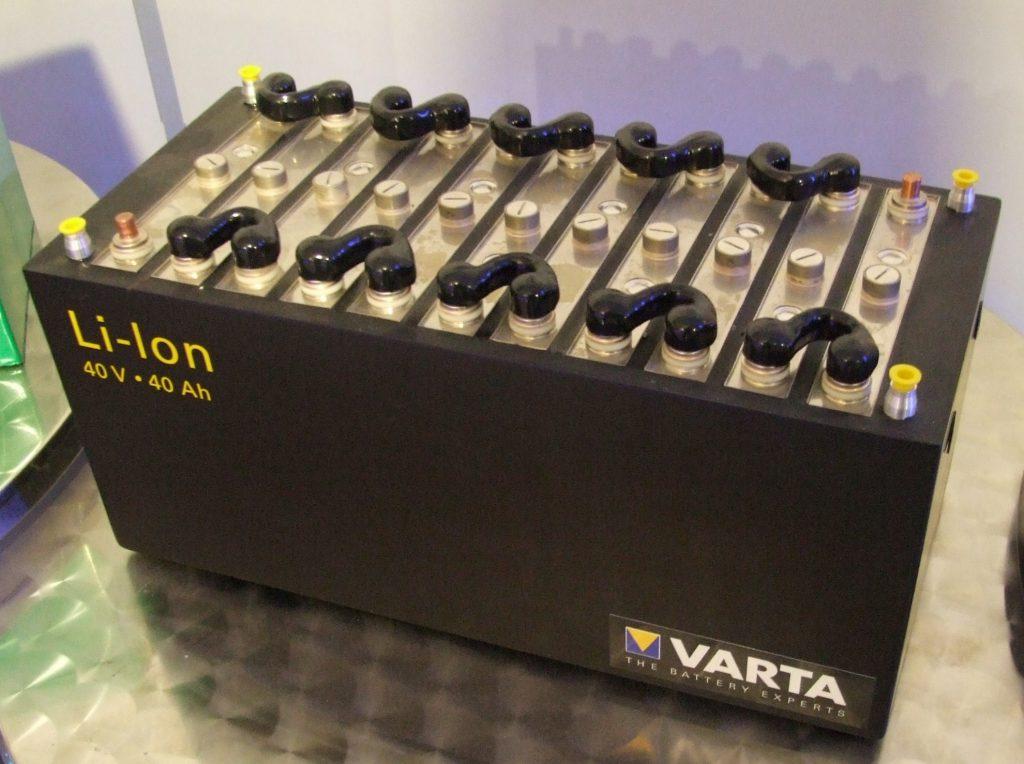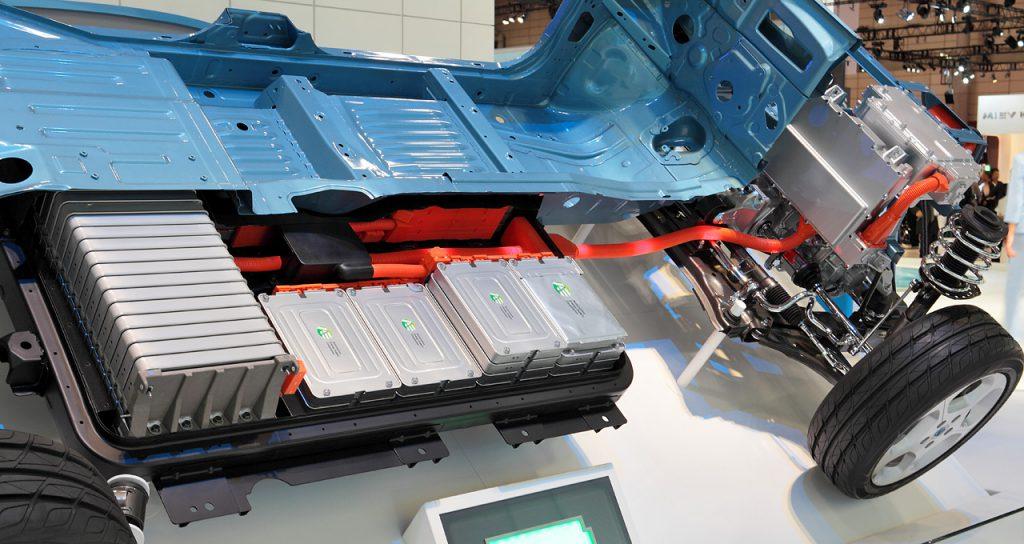The Lithium-Ion battery, known as Li-ion, is rechargeable. It contains lithium ions. These move from the anode to the cathode during discharge. During charge, it moves from cathode to anode. There are different types of Lithium Ion batteries with varying levels of cathodes made from other lithium molecules, and Anodes made of carbon. The chemical reaction between the anode, cathode, and electrolyte generates an electric current.
Contents
Lithium Ion Batteries In Cars: How Does It Work?
Lithium batteries, also known as Li-on batteries, or Lithium-on batteries, abbreviated as LIB, belong to the rechargeable battery type. An assembly consisting of many cells, such as lead-acid batteries and many other types of batteries. The battery uses Lithium metal or Lithium alloy as the negative electrode material and uses a non-stick electrolyte solution.
Lithium batteries can be divided into two types: metal Lithium batteries and Lithium-Ion batteries (Li-Ion batteries). Lithium-ion batteries do not contain metallic Lithium and are rechargeable. The reason this type of battery is commonly used in electric vehicles is that the battery itself and the materials that make it up contain a higher power density than other types of batteries, so people can make a small-sized battery but can get a much larger capacity.
Most motorbikes and electric cars on the market today are equipped with lithium-ion battery technology because this type of battery has a long lifespan and better performance but is more expensive than lead-acid batteries.
A Lithium battery is made up of four main components:
- Cathode: Determines the capacity and voltage of the battery and is the source of Lithium ions.
- Anode: Allows current to flow through the external circuit and when the battery is charged, Lithium ions are stored in the anode.
- Electrolyte: Acts as a conduit for Lithium ions between the cathode and anode, formed from salts, solvents, and additives.
- Separator: A physical barrier that keeps the cathode and anode apart.
Lithium-ion battery, How does it work:
Why Petrol And Diesel Cars Don’t Utilize Lithium Ion Batteries? – Know Here
The different classes of Li-ion batteries have not made it to the automobile sector. These remain in popular consumer electronic devices, including laptops and smartphones. The issue arises when one uses these in diesel or petrol cars to drive around. We recommend you search online for the best maintenance tips to keep your car running without any issues.
Needs protection
The lithium ion batteries are not robust. These require extra protection from overcharging and fast discharge. One needs to maintain the current within the safety limits. The significant advantage of Li-ion batteries is they need protection circuitry to keep them within safe operating limits. You would not prefer having a battery, which is in a constant state of leaking due to overcharging or working poorly due to less charge.

Read more:
Cost of the battery
A disadvantage of using Li-ion batteries for your car is their cost. These cost 40% more than the lead-acid batteries. When you are looking to install a reliable power source for your vehicle, you do not consider choosing a battery with which cost is a significant issue. The Li-ion battery requires onboard circuitry to manage and ensure the voltage and current are within the safety limits and increases its cost. The lead acid battery offers car owners a reliable and less expensive option for their cars.
Sensitive to high temperature
The Li-Ion car battery is highly susceptible to too much heat. The overheating of the device or overcharging of the battery generally leads to more heat. The heat causes the cells of the battery to degrade faster than they usually do. When you are driving in an arid climate, then having a lead-acid battery would make more sense.
Safety concerns
The chances of Li-ion battery exploding due to overcharge or overheat are always high. Electrolyte decomposition leads to the formation of gases. It can ignite the electrolyte and cause a fire. It makes it a big risk for you to carry the batteries, especially while shipping in larger quantity. You would not risk installing a car battery with a high risk of explosion in the vehicle.

Summary
When you decide to replace the lead-acid battery with lithium ion batteries in your care, make sure you read this blog to get the right idea.



